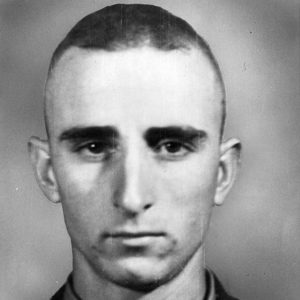 Whitt L. Moreland
Whitt L. Moreland
Race and Ethnicity: White - Starting with M
 Whitt L. Moreland
Whitt L. Moreland
Moreland, Whitt Lloyd
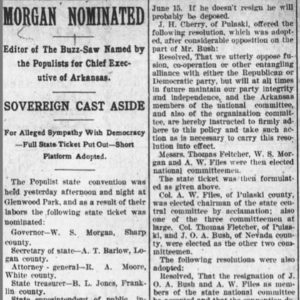 Morgan Nominated
Morgan Nominated
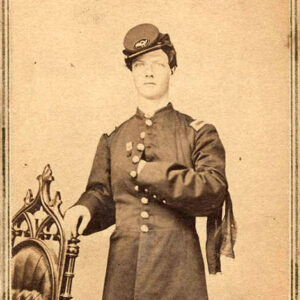 James Morgan
James Morgan
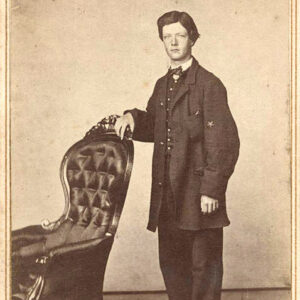 James Morgan
James Morgan
Morgan, Speer
Morgan, Stokeley P.
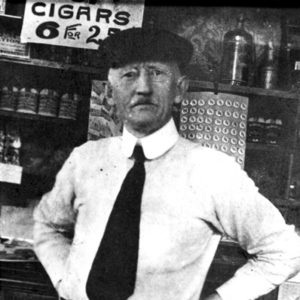 Tom Morgan
Tom Morgan
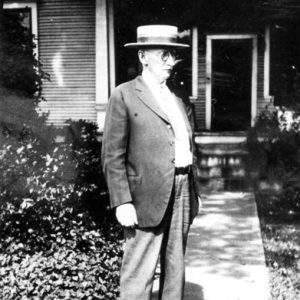 Tom Morgan
Tom Morgan
Morgan, Tom Perkins
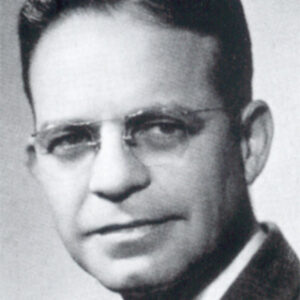 William E. Morgan
William E. Morgan
Morgan, Winfield Scott
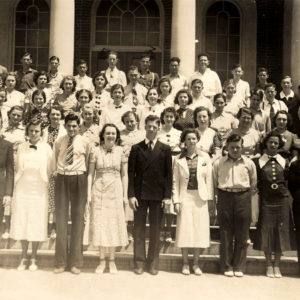 Morrilton Graduates
Morrilton Graduates
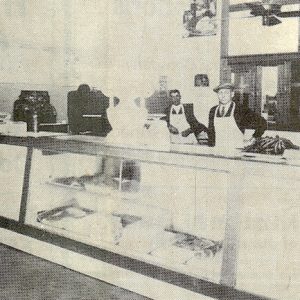 Morrilton Meat Market and Sausage Factory
Morrilton Meat Market and Sausage Factory
 Gilbert Morris
Gilbert Morris
Morris, Gilbert Leslie
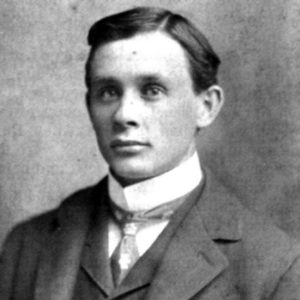 J. W. Morris
J. W. Morris
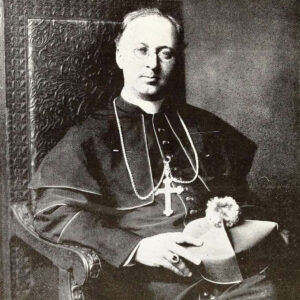 John Baptist Morris
John Baptist Morris
Morris, John Baptist
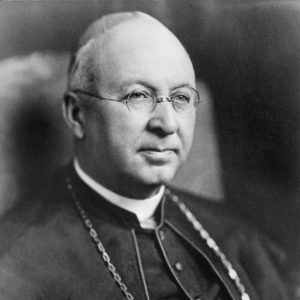 John Baptist Morris
John Baptist Morris
Morris, John William
Morrison Twin Brothers String Band
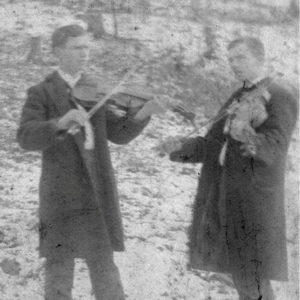 Morrison Twins
Morrison Twins
Morrison, William (Lynching of)
Moseley, Ray
 Ray Moseley Book
Ray Moseley Book
Moses, Colter Hamilton (Ham)
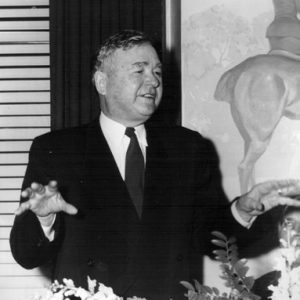 Ham Moses
Ham Moses
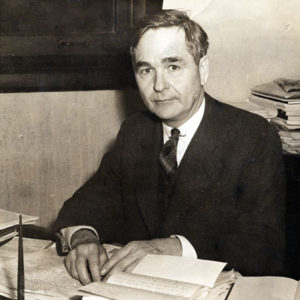 Ham Moses
Ham Moses
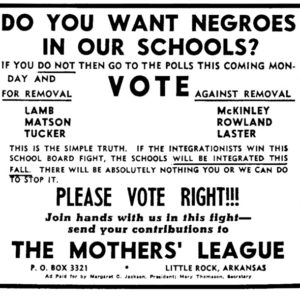 Mothers' League of Central High School Flyer
Mothers' League of Central High School Flyer
Mothers’ League of Central High School
Mount Elba, Scout to (October 3–4, 1864)
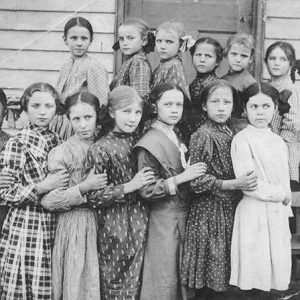 Mount Etna School
Mount Etna School
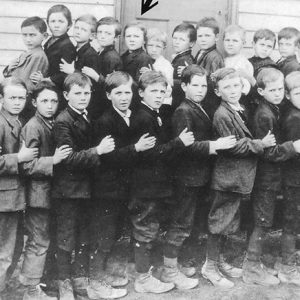 Mount Etna School
Mount Etna School
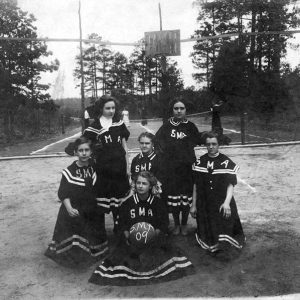 Mount St. Mary Basketball Team
Mount St. Mary Basketball Team
Mountain Federals
aka: Mountain Feds
Mountain Home Lynchings of 1894
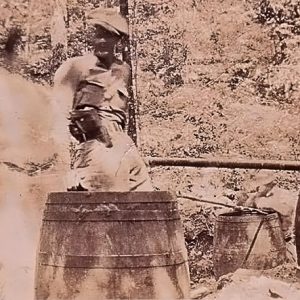 Mountain Still
Mountain Still
 Stephen Moyer
Stephen Moyer
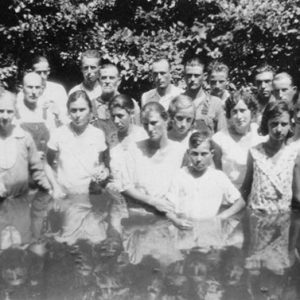 Mozart Baptizing
Mozart Baptizing
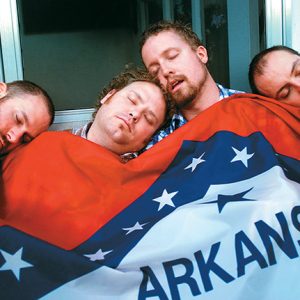 Mulehead
Mulehead
Mullican, Andrew J. (Lynching of)
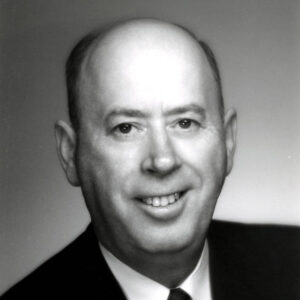 David W. Mullins
David W. Mullins
 David W. Mullins Jr.
David W. Mullins Jr.
Mullins, David Wiley
Mullins, David Wiley, Jr.
Munn, John Calvin
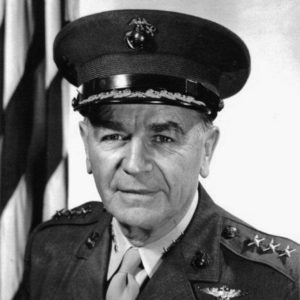 John C. Munn
John C. Munn
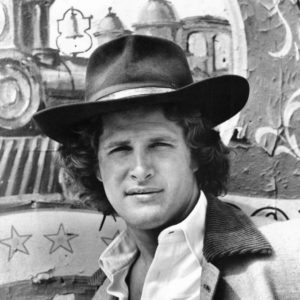 Ben Murphy
Ben Murphy




